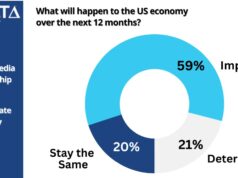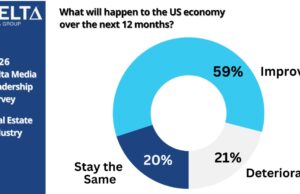Institute Briefs Congressional Staff on Using Incentives to Improve Resilience
Releases Addendum to Incentivization White Paper, Offers Recommendations for Action
WASHINGTON, D.C. – (RealEstateRama) — Representatives from the National Institute of Building Sciences Multihazard Mitigation Council (MMC) and Council on Finance, Insurance and Real Estate (CFIRE) headed to Capitol Hill September 22 to brief Congressional staff about updated research and recommendations on incentivizing mitigation.

Earlier this year, the Institute went before the U.S. House of Representatives Committee on Transportation and Infrastructure, Subcommittee on Economic Development, Public Buildings and Emergency Management to give testimony based on the MMC-CFIRE white paper, Developing Pre-Disaster Resilience Based on Public and Private Incentivization. That ground-breaking work described how the nation can achieve resilience to hazards in a cost-effective manner through a holistic and integrated set of public, private and hybrid programs that incentivize action. André Carson (D-Indiana), Ranking Member of the Subcommittee, requested this follow-up briefing to help educate Congressional staff.
During the briefing, MMC Chair Kevin Mickey, CFIRE Immediate Past Chair Leanne Tobias, MMC Director Philip Schneider, CFIRE Director Ryan Colker and MMC Project Manager Jiqiu Yuan presented an overview of the original white paper and talked about the supporting Addendum to the White Paper, which provides an updated concept of incentivization; additional examples of incentives for the stakeholder community; proposed layered approaches using multiple incentivization strategies; and defines a resilience economy to enhance the construction industry.
The MMC-CFIRE handed out the document, An Introduction to Pre-Disaster Resilience Based on Public and Private Incentivization,which summarizes the white paper, and offered a one-page list, Recommendations for Incentivizing Resilience, of steps the federal government can take to better achieve disaster resilience through incentivization.
About 30 staff members from the offices of multiple congressional members and the Congressional Research Service, as well as representatives from the Small Business Administration, National Emergency Management Association and private-sector participants, attended the event.
View the Documents:
Developing Pre-Disaster Resilience Based on Public and Private Incentivization
An Introduction to Pre-Disaster Resilience Based on Public and Private Incentivization













